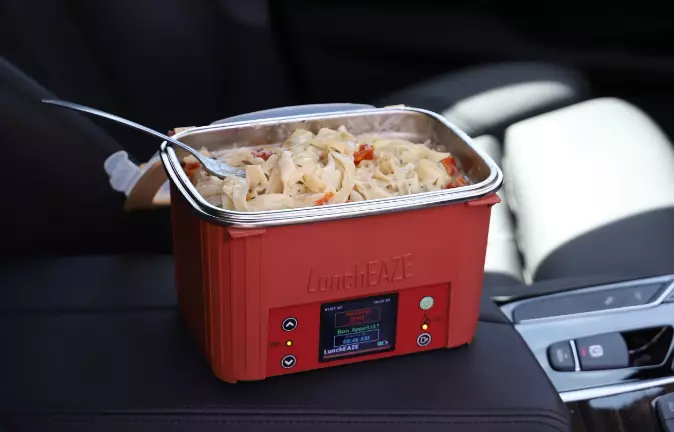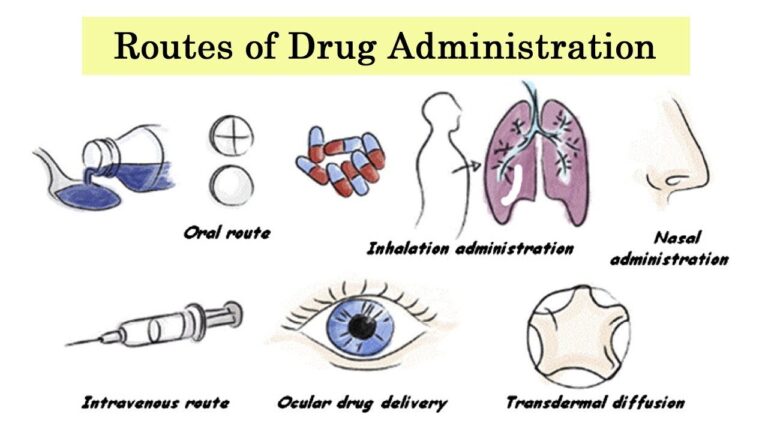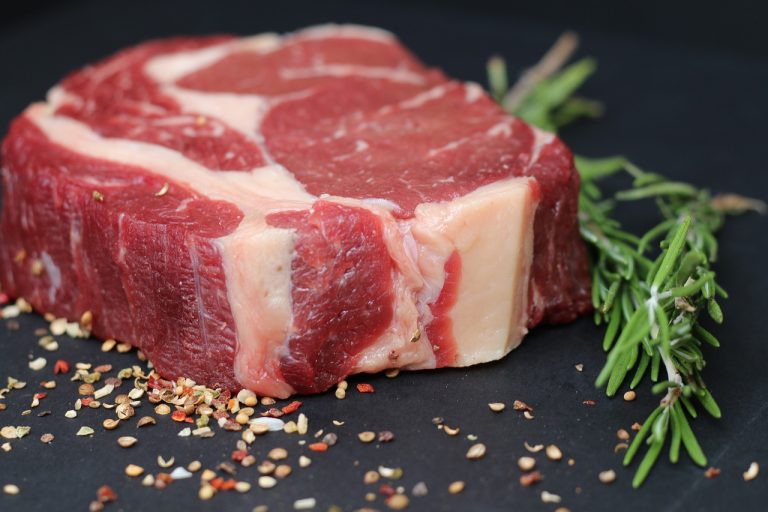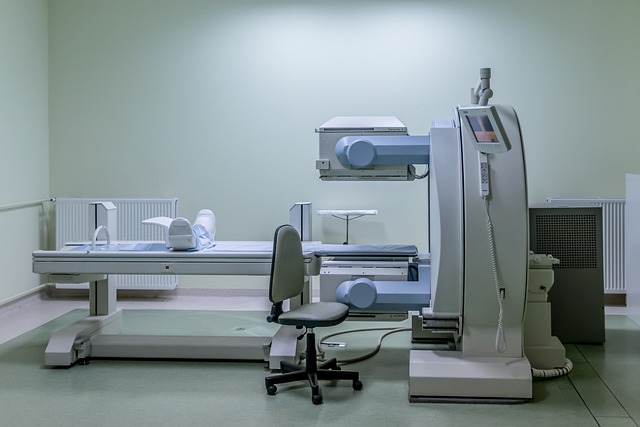10 Unknown Health Effect Of Eating Cold Food
What is the health effect of eating cold food? The usual is to eat food that is warm or hot and this is so that the majority of the food we consume can be heated.
However, not all food needs to be heated before consumption. Ice cream, tinned goods, snacks, and more serve as examples. Some folks also choose to wait until their cooked food is cold before eating it.
People frequently eat cold food for a variety of reasons. Some people love eating that way because it suits their preferences. Others consume it since it is more convenient for them because they do not have time to reheat the dish. Arguably, some meals taste better when eaten cold.
Eating cold food has countable health effects; some of which are positive and beneficial, while some tend towards the negative side. In addition, people tend to eat hot food more slowly, which also benefits the digestive system.
When food enters the system slowly, there is more time to absorb nutrients. But is consuming cold meals the healthiest option? Do consuming cold food have any negative health effects?
10 Unknown Health Effect Of Eating Cold Food

Cold Food Requires More Energy To Digest
The digestive system has to work harder to digest food that is served cold. This occurs as a result of the digestive system breaking down hot or warm food more effectively and quickly, making digestion simpler.
However, digestion requires more time and energy when the food is cold. Additionally, it could cause indigestion and other digestive issues. Eat extra hot/warm food to lessen the strain on your digestive system.
Eating cold food consumes more of the body’s energy; Eating cold food means that the body has to work more because the body has to expend energy to reheat cold food.
The body needs calories to warm up cold food and these calories are taken from what has been stored in the body. This process also requires energy from the body for good digestion and resistance to disease.
Thermoregulation With Cold Food
The body temperature is ultimately impacted by the warmth of your food. The body will stay warm if you eat warm food, or it will stay warm if you eat warm food.
Eating cold food may also lower your body temperature similarly. The blood flow may be affected and become erratic if your body temperature is low. Blood stasis may result as well. This might cause more severe issues, such as fibroid, in females.
Furthermore, phlegm formed in the lungs blocks the free flow of energy through the body; The risk of this is the person’s ability to maintain a normal temperature. Indeed, when eating cold food, the body compensates for the temperature difference to provide the stomach with a suitable environment for these enzymes necessary for the normal functioning of the digestive process.
Cold Food Could result in throat irritation
One of the potential problems with eating cold meals is throat discomfort. People with sensitive throats are more likely to experience this.
Around the throat, it might cause stiffness and even agony. Therefore, avoid eating too much cold food if you have a hypersensitive throat.
Cold Food May Affect Gut Health
Gut health is also related to the type of food you eat. Eating cold foods can lead to a host of intestinal problems, including bloating, puffiness, and cramps, especially in women.
This is because the intestines are sensitive to heat and need hot food to stay active. If you care about your gut, you want to eat more hot foods.
Cold Food Lacks Flavor And Taste
When you eat cold food, you don’t feel the full range of flavors and flavors present in the food. This can lead to a rather bland experience.
While it may not seem like a big deal, it doesn’t make any sense if you eat food without enjoying the real taste or flavor.
Cold Food Can Lead To Exposure To Diseases
Health problems such as fatigue, cysts, tumors, bacterial infections, cough, catarrh, dry skin, and excessive flatulence among many others can develop if cold food is consumed in excess.
Indeed, the body’s constant exposure to wet and cold foods and inadequate absorption can throw virtually every organ system in the body out of balance, leaving the body vulnerable to disease.
Cold Food Can Cause Damage to the Spleen
The major components of the digestive system are thought to be the stomach, small intestine, and large intestine. However, Chinese medicine considers the stomach and spleen to be the main components of the digestive system.
Cold and moist foods can damage the spleen, so the function of the spleen to aid in nutrient absorption can be severely impaired. Mucus forms in the lungs when cold food enters the esophagus, reducing lung function and capacity because cold food meets hot liquid evaporating in the lungs.
Cold Food Can Lead To Bloating or Digestive Sensitivity
Cold food shocks the digestive system and forces your intestines to work overtime to break down the nutrients in the food. This can lead to bloating or digestive sensitivity.
However, in hot food, the nutrients have been partially decomposed. Steaming, grilling, grilling, or roasting food triggers the breakdown of healthy chemicals and nutrients before they enter the body.
Thermolabile Foods

Some Food, Fruits, And Vegetables Offer Better Health Promoting Benefits When They’re Cold but that doesn’t mean you should snack on them right out of the fridge.
Boiled carrots are higher in carotenoids (which provide health-promoting benefits), while raw carrots have more polyphenols (for better digestion, brain function, blood sugar, and several protective benefits). It’s best to change the way you eat your vegetables to make sure you get the most out of your food intake.
Read Also: Six Classes of Food: Functions, Sources, And Examples
Conclusion
If you value your health, you will limit eating cold food. Yes, while eating cold food on a hot day can make you a little less tired, it’s not something you should make a habit of.
Always try to eat hot or warm foods as much as possible. However, eating cold food poses no danger to the stomach or general health. Not all of the health effects of cold foods have been accurately confirmed by proven medical studies.
For some reason, some people like cold food and for them, a meal would not be complete without a cold drink. Above all, cold meals are not foods that should become a habit; they should be eaten on rare occasions and determined by room or body temperature.
Although many foods gain nutritional value when cooked, some foods lose nutrients. For example, vitamins C and B are often lost when food is cooked. Several other nutrients and vitamins can be depleted during cooking. The watchword is to eat cold food as minimal as possible.




![The Best Collagen Supplements Available in Canada ([year]) collagen supplements Canada](https://eucarlpharmacy.com/wp-content/uploads/2023/06/17_1080x-768x768.jpg)

